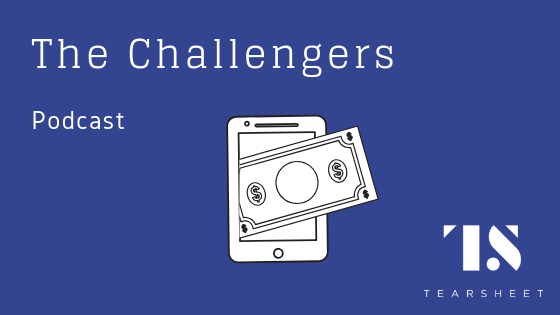Member Exclusive, New banks, Podcasts
The Challengers 15: Varo gets a charter, Monzo’s on the edge, and Intuit enters banking
- Varo finally gets its bank charter while Monzo struggles for its life.
- This episode of the Challengers Podcast also explores the new QuickBooks and Kabbage SMB accounts.








